In light of the recent social justice issues that have been brought to the eye of the public and to the eye of Loyola’s institution, The Greyhound had conversations with multiple Loyola students who have taken action on these issues this summer.
Haleema Hafeez, originally from New York, is a member of the class of 2021. She’s pursuing a marketing major with a minor in information systems. This year, Hafeez is the vice president of Mosaic: A Womxn of Color Initiative, the president of the Association of Latin American and Spanish students (ALAS), and the president of the Loyola Marketing Association
Coming from public schooling in Brooklyn, “everyone was different. There was not really a majority and there wasn’t really a minority. It was definitely a culture shock for me upon arriving at Loyola,” Hafeez confessed. That culture shock acted as motivation for her to gravitate towards African, Latinx, Asian, and Native American (ALANA) Services and the upperclassmen operating their student organizations. Hafeez admired the way they made their voices heard on campus.
“Even though students of color are technically the minority, we are the majority when it comes to leadership positions,” she said. Sometimes it’s hard for those students to balance academic work with leadership roles in order to prove themselves. Hafeez has faced this challenge before, but these opportunities have allowed her to make connections and push her passions forward.
Hafeez has also been motivated by her identity as a woman of color to prove that women are just as capable as men. She believes that asking things of people and making herself known as a woman of color proves she’s just as capable as anyone else. Her work with Mosaic: A Womxn of Color Initiative helped Hafeez recognize that.
The task of carrying the torch within the organizations she’s a part of and inspiring others with her work is now Hafeez’s responsibility.
“It’s hard to want to take on these roles, because it’s a lot of work. But I think that if we don’t occupy these spaces and make it our own, it can never happen because we have to be the ones doing that,” she said.
Despite the natural self-doubt and fear of failure that are symptomatic of these leadership roles, Hafeez decidedly understood that “there’s a reason why someone thought I could do this. There’s a reason why someone recommended this position. There’s a reason why I’m considering it.”
The motivation Hafeez found, from listening and then wanting to take further action, helped drive her to take on these challenging responsibilities.
“It’s a challenge for a reason. It means you can accomplish it,” she said.
Being around strong women all her life, her single mother included, Hafeez has always wanted to help and empower women. Hafeez learned through all her efforts at Loyola that, despite fear, there’s definitely no harm in trying.
As the current president of ALAS, Hafeez worked with the rest of her executive board to find a way that their voice as a student organization could be heard in Loyola’s community and the greater community of Baltimore, despite COVID-19 restrictions. Between Hafeez’s affection towards supporting women, the awareness raised by the Do Better Campaign, and a love for Baltimore, it was settled that ALAS would donate funds to the House of Ruth Maryland. Mosaic has also donated to this organization, which works over a broad spectrum to support women and children, often homeless or abused, in any way they can.
At first, Hafeez was unsure of how much they could effectively raise. She concluded that it is difficult trying to grab people’s attention when they’re at home, and that it’s easier to persuade people at in-person meetings. Nevertheless, ALAS worked to make a bingo sheet with allotments of money that was then posted to ALAS’s Instagram story. Those who wanted to help fill the board were encouraged to send the money to Hafeez’s Venmo account. They ultimately raised $285 for House of Ruth. Hafeez said, “it felt great to know it was on behalf of our club and it was for a great cause.”
Hafeez affirmed, “I think my work with Mosaic acknowledges the essence of all women, and women as your definition of it. I think we’ve made the effort as an initiative to try and talk about anything we can in any way we can without overstepping our own boundaries.”
Hafeez explained that the approach to a difficult, or emotionally-weighted subject needs to be humble. One can’t join a conversation thinking they know everything.
“We can’t just speak about what we think we know…That’s where the whole idea of intersectionality comes in,” she said. “There are identity layers to every single person, and we have to acknowledge that.”
Through Mosaic, Hafeez encourages understanding differences and learning to appreciate them. She acknowledges that there is the potential for a lot of self-importance in activism. But, equally important is the promotion of voices that aren’t heard as often as others. Those need to be amplified, too. And even though she has many accomplishments, Hafeez believes that there is always room for improvement.
Another place that Hafeez believes could use some improvement, or at least more conversation, is the income disparity within the student body and how it affects low income students. There are even students of color who have more privileged economic backgrounds than others.
Loyola will admit “diverse” students, Hafeez noted, “but I don’t think Loyola is economically diverse. I don’t think they provide enough support for students who need help economically, or don’t really understand financial aid, or don’t understand what it means to take out a loan.”
Hafeez continued, “I come from a single parent household… and at times at Loyola, no matter who I’m around, there’s always that moment where I feel different because, in terms of household dynamics, it’s very different.”
In Hafeez’s eyes, Loyola should provide more resources and support for these students. She’s concluded that there is considerable overlap between low income and immigrant backgrounds. Regardless, students that are the first of their family to go to college, that have to explain financial forms and statements to their parents and deal with the anxieties of being their own advocate, need extra support. To Hafeez, this support becomes essential to end the cycle of young people not getting a higher education.
Along with working toward the completion of her undergraduate degree, Hafeez has been awarded the Jennings Scholarship this past year, giving her the opportunity to travel to a developing country, but it was cancelled due to the pandemic. She still aspires to be an assistant to kindergarteners in Peru and to teach a women’s education course in Morocco, if and when the pandemic gets better. Her goal, career-wise, is to increase access to education.
Hafeez discovered her passion for advocacy through working with different organizations and meeting different people. Coming into college, she was unsure of what she wanted for herself. As she put down more roots in Loyola’s student organizations, she realized that what she gravitated toward, enjoys, and places time and energy in weren’t as aimless as they once seemed.
Hafeez said,“I think social justice work, or empowering work, is lifelong. It doesn’t just end… it must be something you’re consistently fighting for. These problems will probably, sadly, never end.”
According to Hafeez, these conversations need to stay alive and open. And, for that reason, Hafeez adopted it permanently into her own personal drive and mission.
Her advice to those wanting to get involved? Talk to upperclassmen and the people holding those leadership positions and ask questions. That’s how to get opportunities, Hafeez explained. Being proactive and believing in oneself is the first step to forging a unique path.
She said, “never be afraid to step outside of the box. You don’t have to follow the same exact thing that others are doing. Take your time, pace yourself. This work is not lighthearted. Remind yourself that what you’re standing up for, what you’re fighting for, is bigger than [you].”
During quarantine, Hafeez has been inspired by various social media accounts, including but not limited to: @latinaspoderosas, @latinas_uprising, @theafrolatinadiaspora, and @latinxtherapy.” In addition, she’s read along with Reese Witherspoon’s book club that specifically highlights women each month. Hafeez appreciates Witherspoon’s efforts to include a diversified group of women, as she sees it as equally important to read diverse literature. Hafeez has also watched Ava DuVernay’s “When They See Us” on Netflix, and “Little Fires Everywhere” on Hulu. On “campus,”, she, of course, highly recommends Mosaic, ALAS, and ALANA’s Sister to Sister.


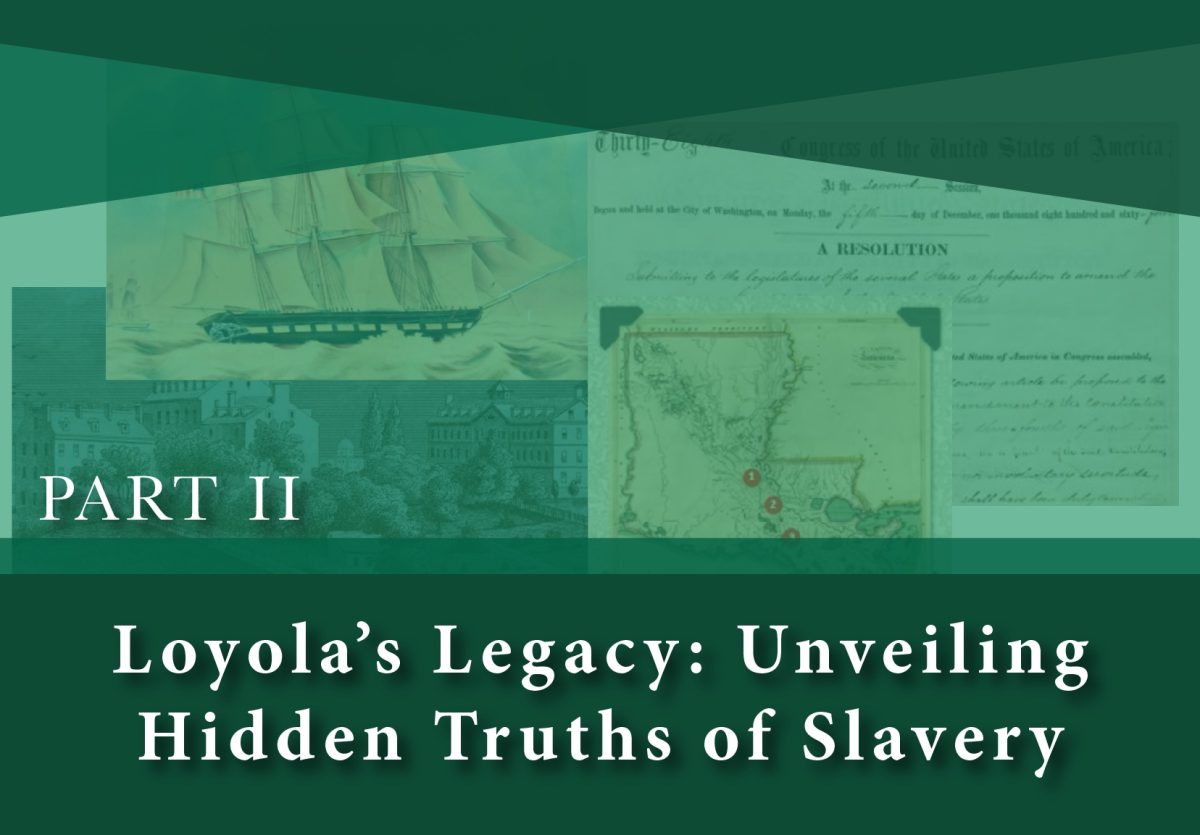
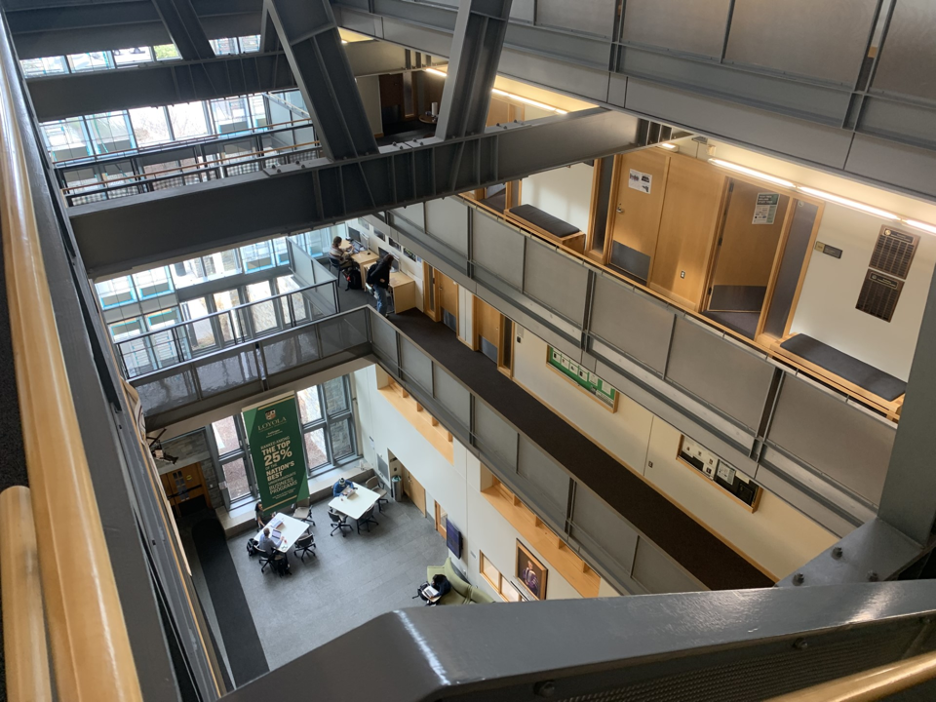
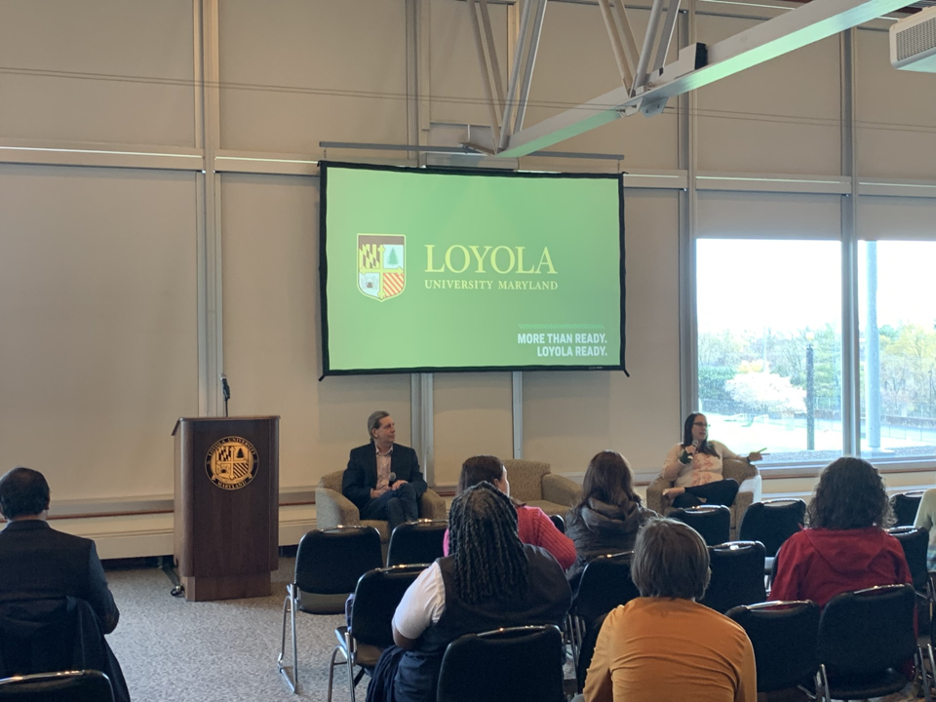
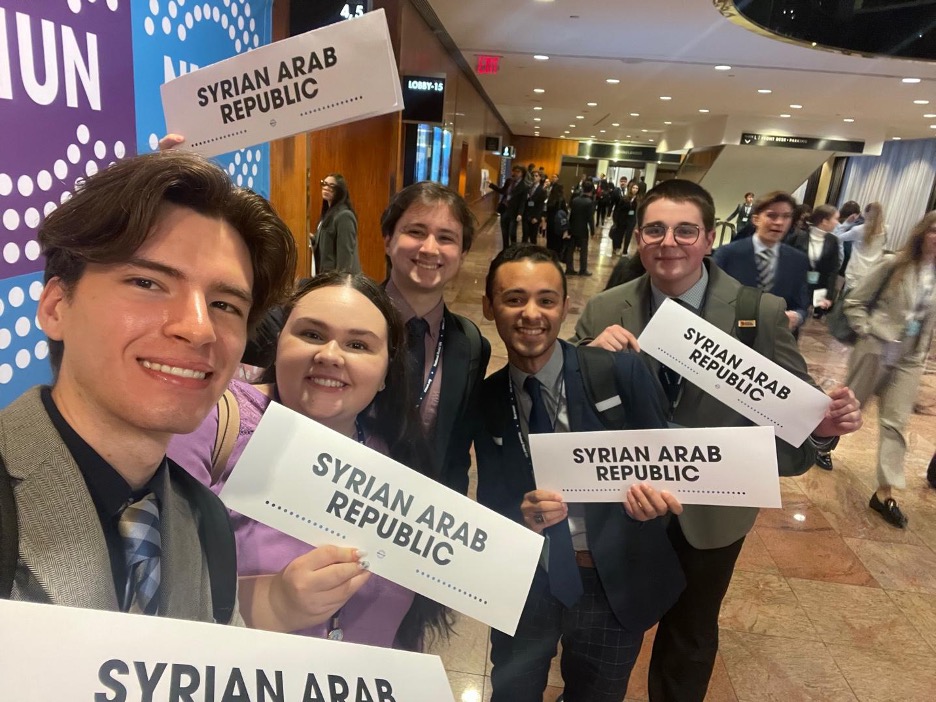

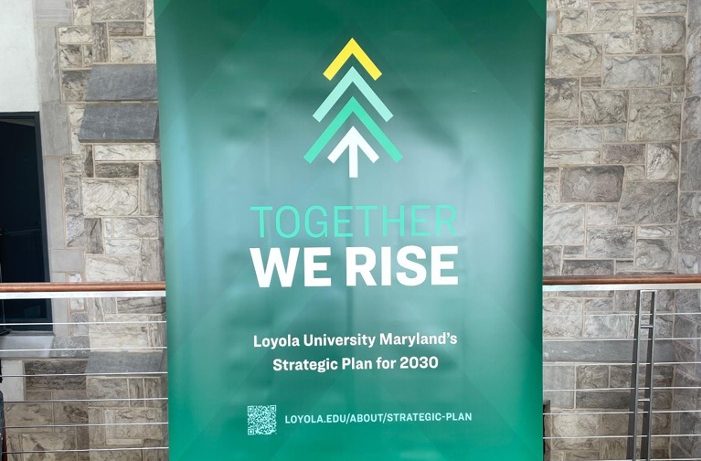
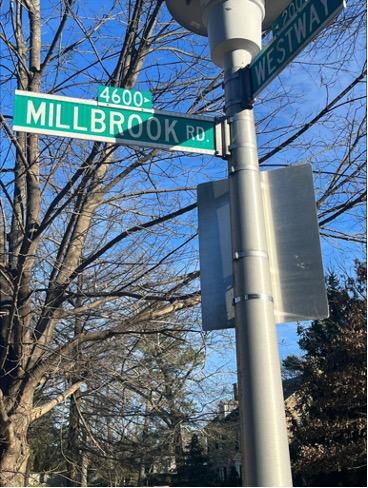









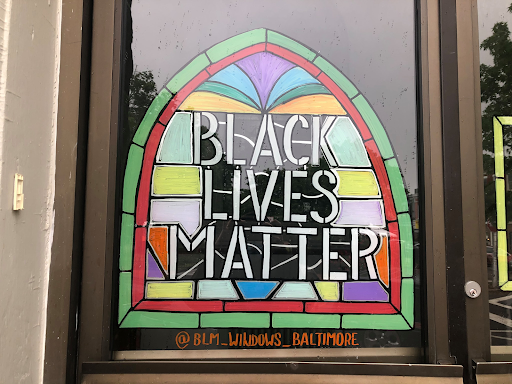

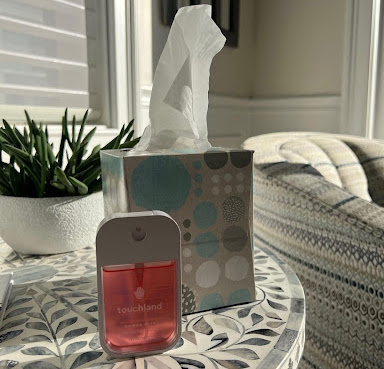









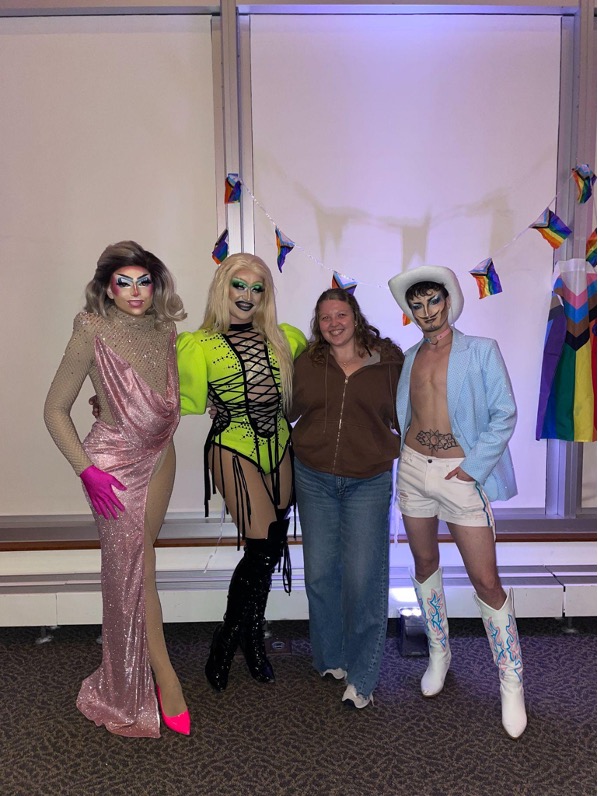
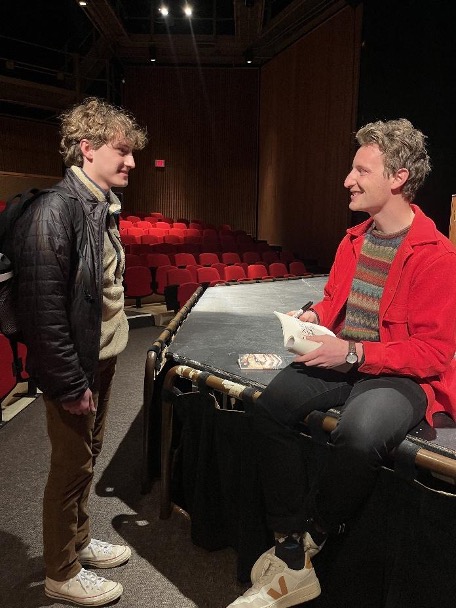












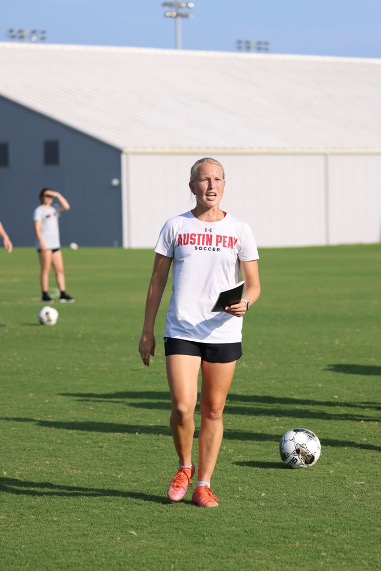



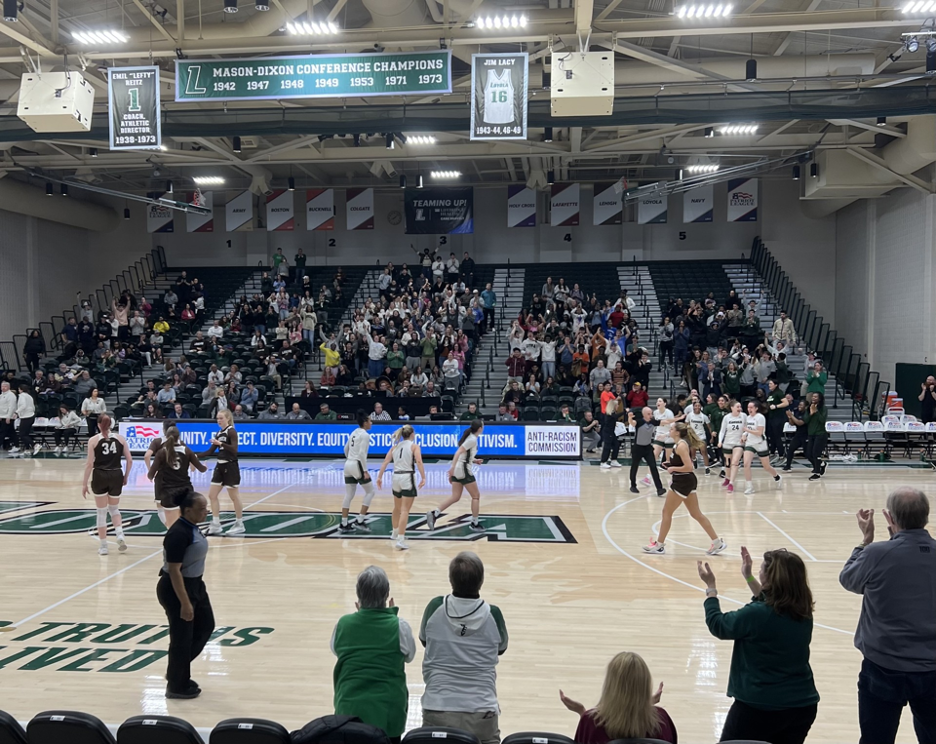

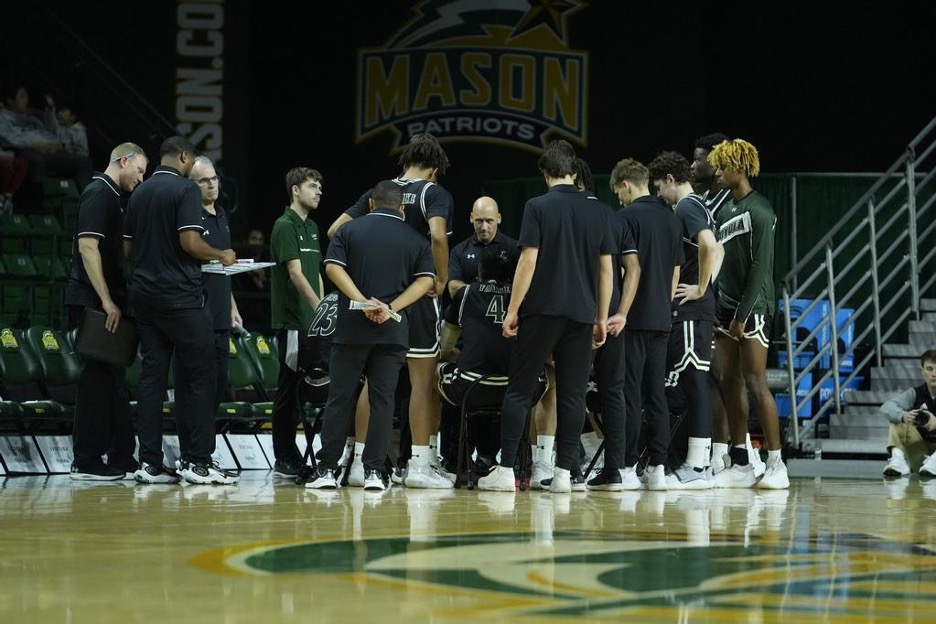



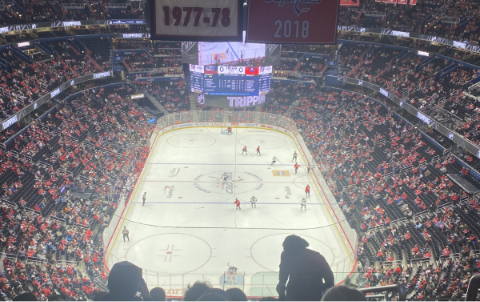





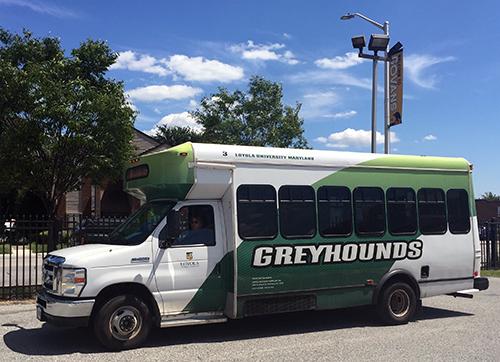
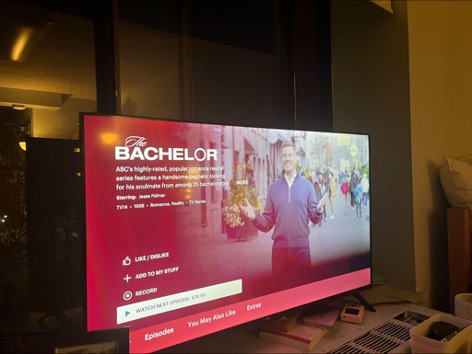

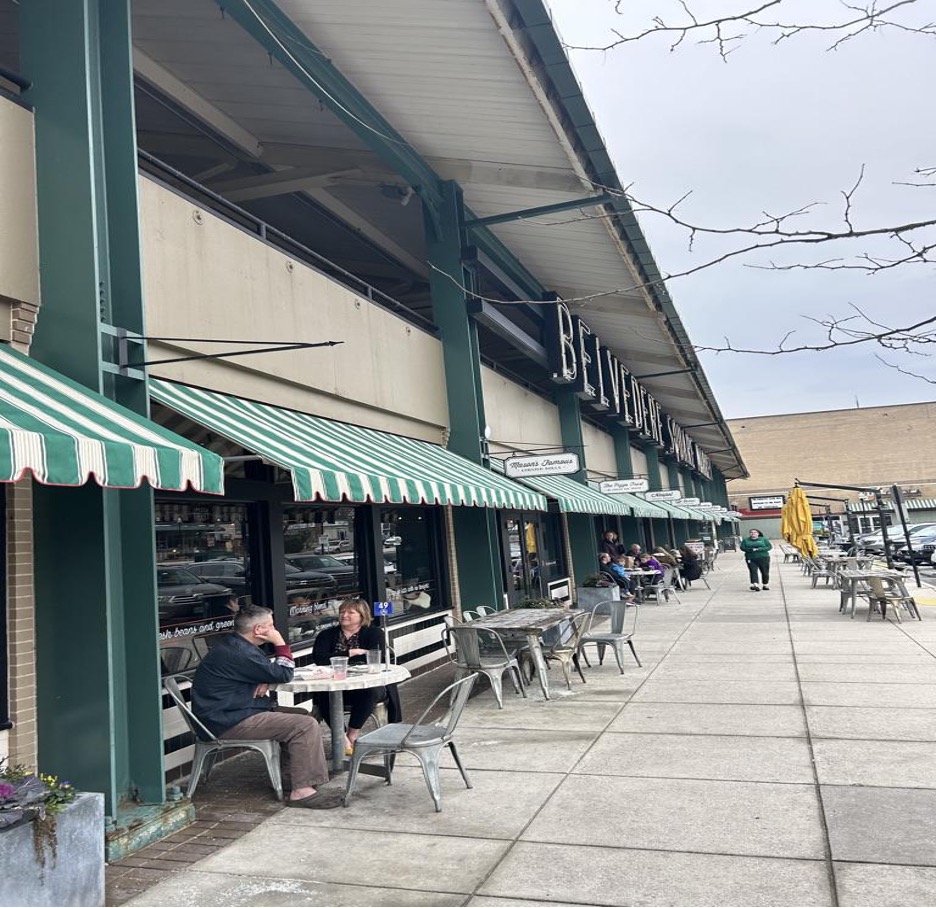
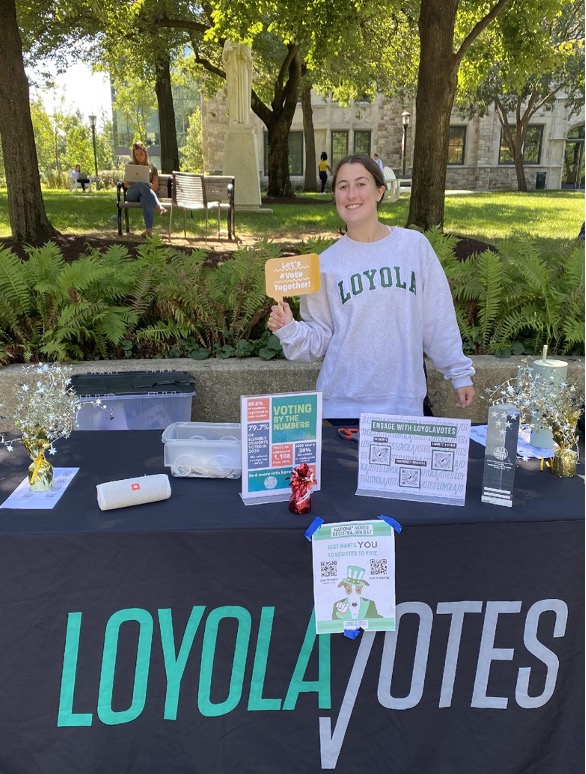













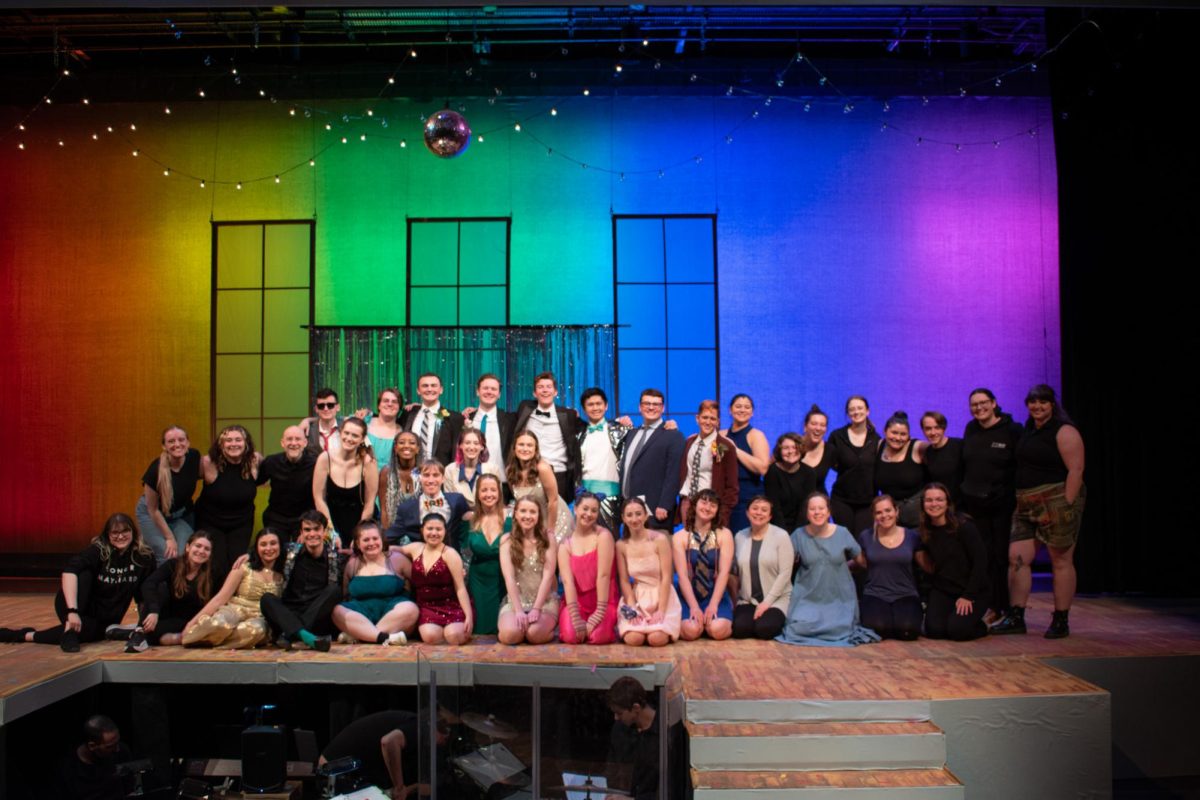

































Anonymous • Sep 4, 2020 at 2:03 pm
5